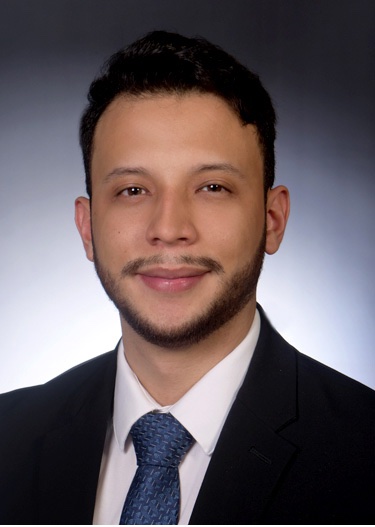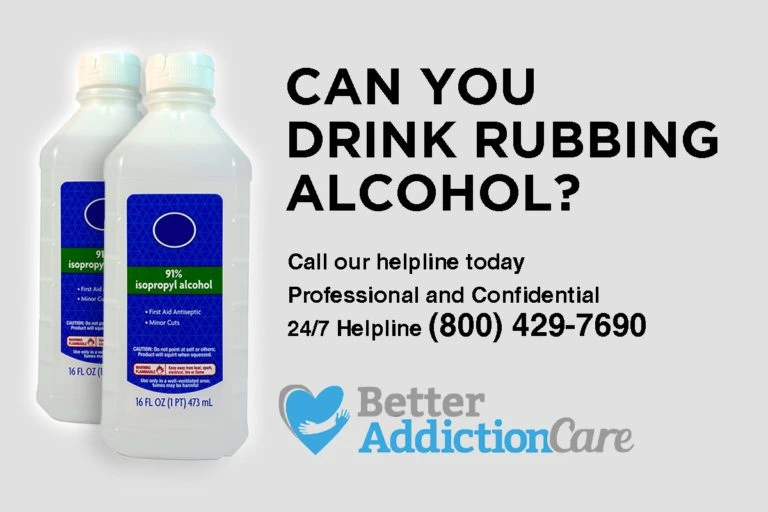Dallas is known for its modern and updated infrastructure in North Texas. It is the third biggest city in the state of Texas. However, nowadays Dallas is facing an intense fight against the substance drug abuse crisis. Dallas has encountered significant challenges related to the use of illegal drugs and alcohol, which has led to the need for effective and accessible rehab centers.
The city of Dallas is home to a lot of different facilities which vary from holistic treatment services to luxury care centers and personalized attention. In addition, detoxification programs and cognitive-behavioral systems are a core part of Dallas’ rehab centers.
Rehab centers in Dallas play a role in building meaningful lives and healthy ways of living. This article aims to explore the types, costs, and services offered, at rehab facilities in Dallas.
34 Treatment Centers in Dallas, TX

7.51

7.25

7.03
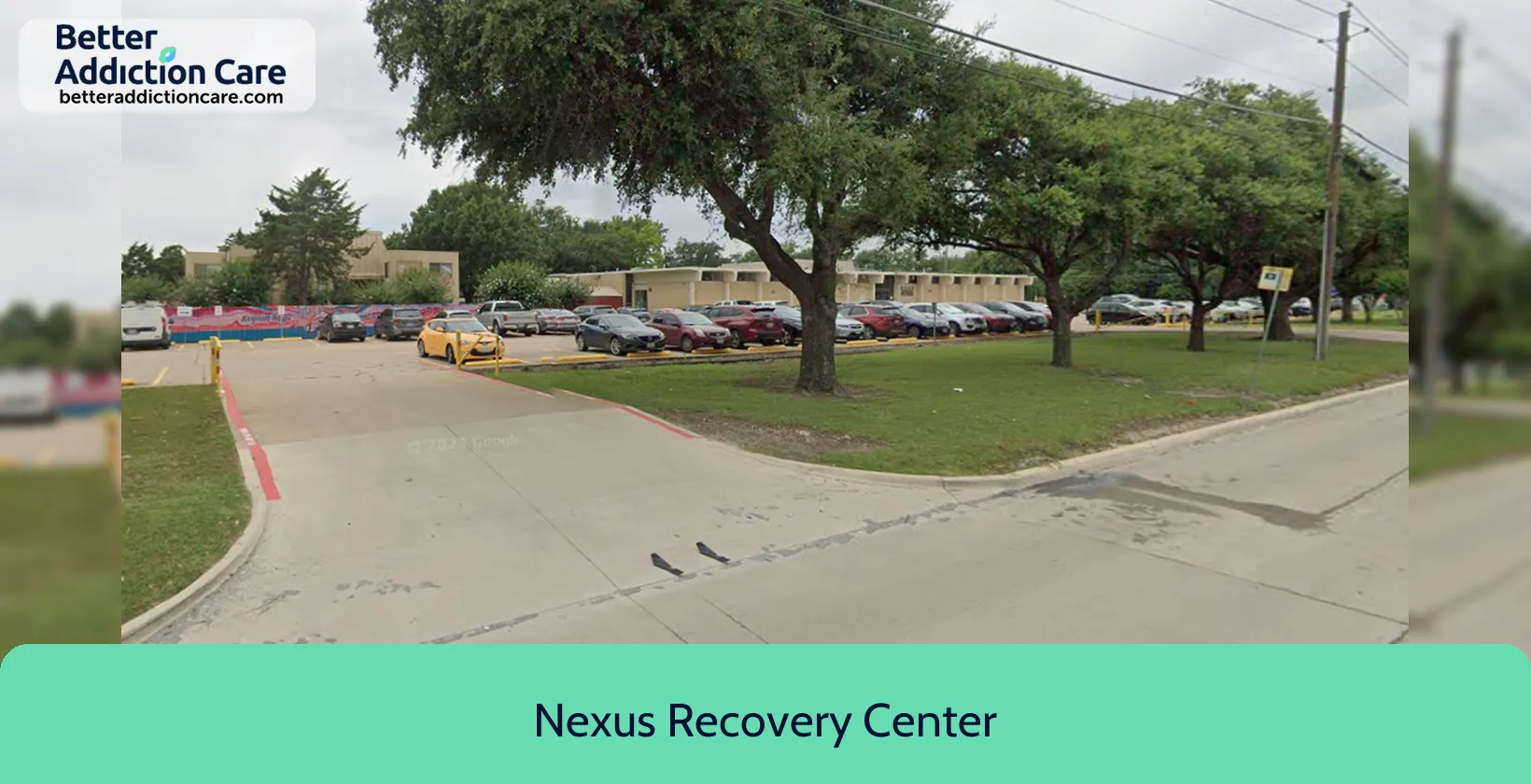
7.62
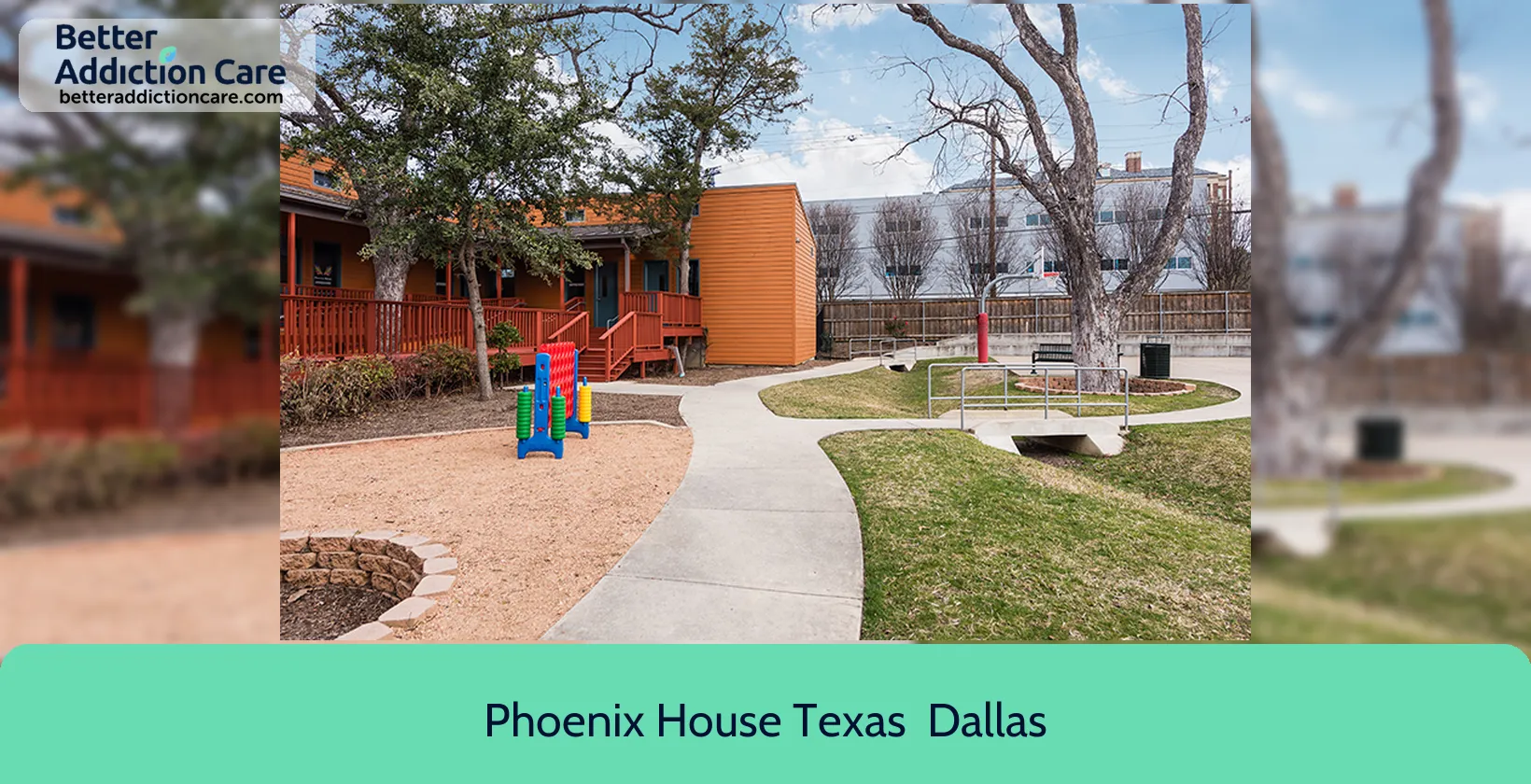
7.00
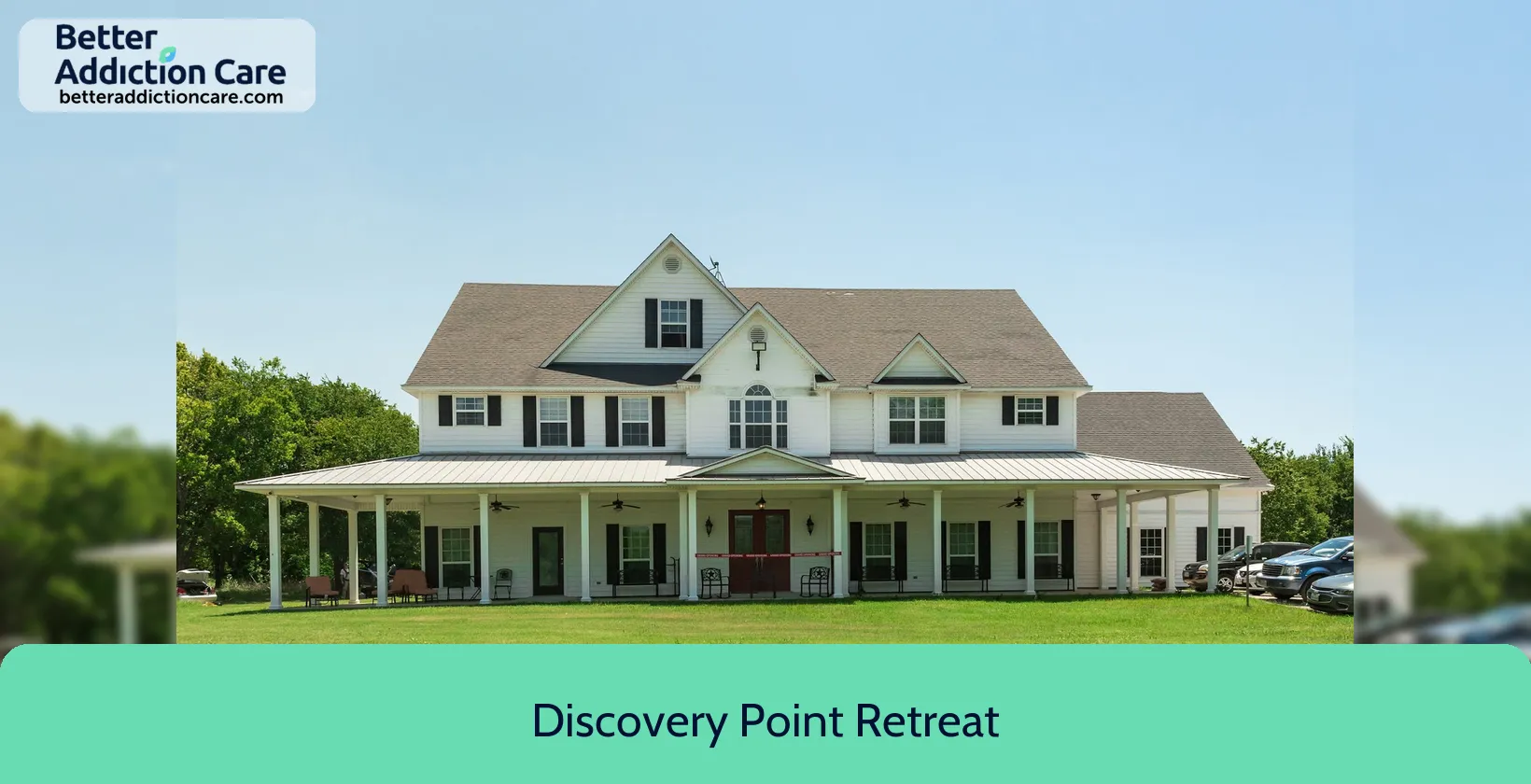
7.07

6.65
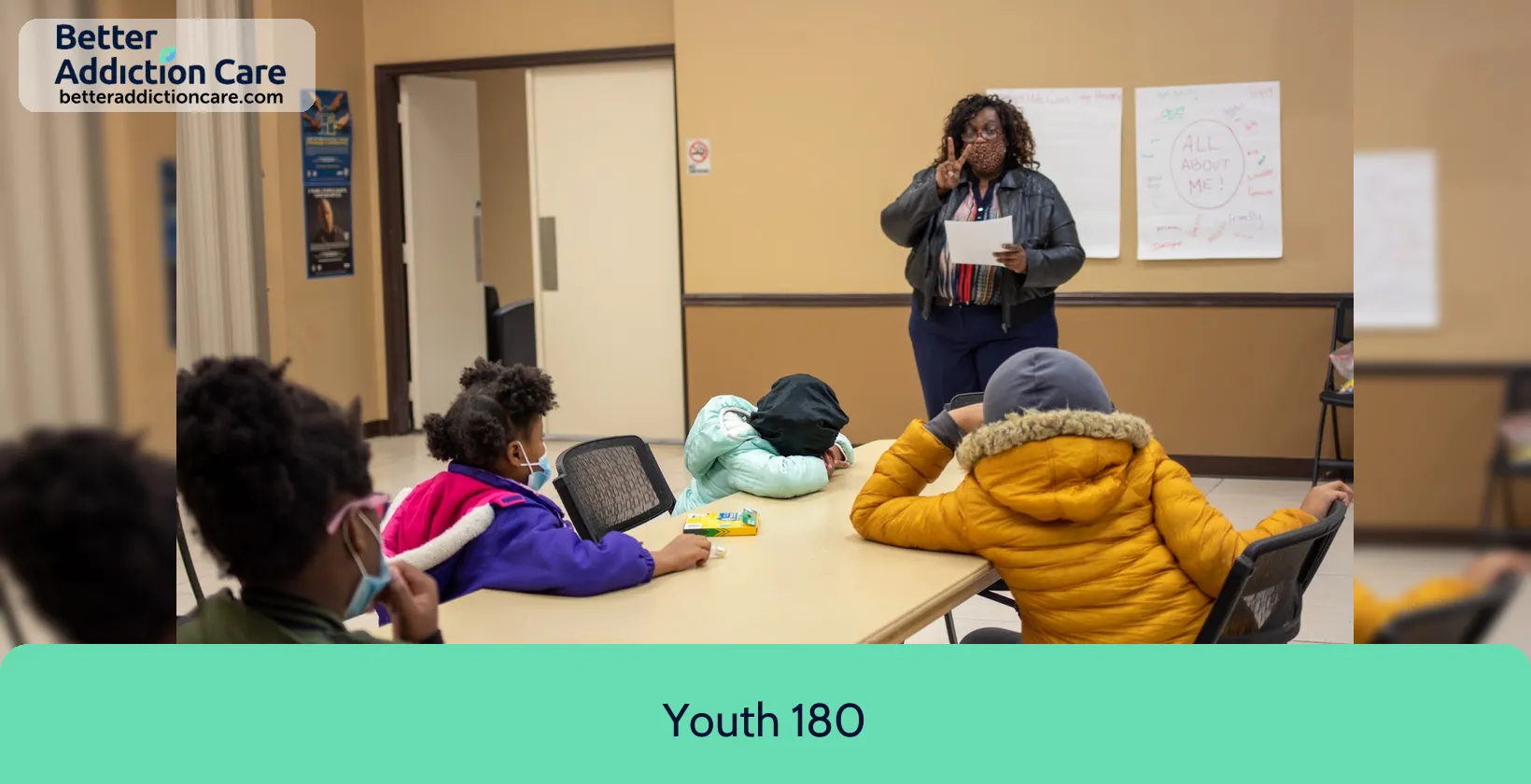
6.86
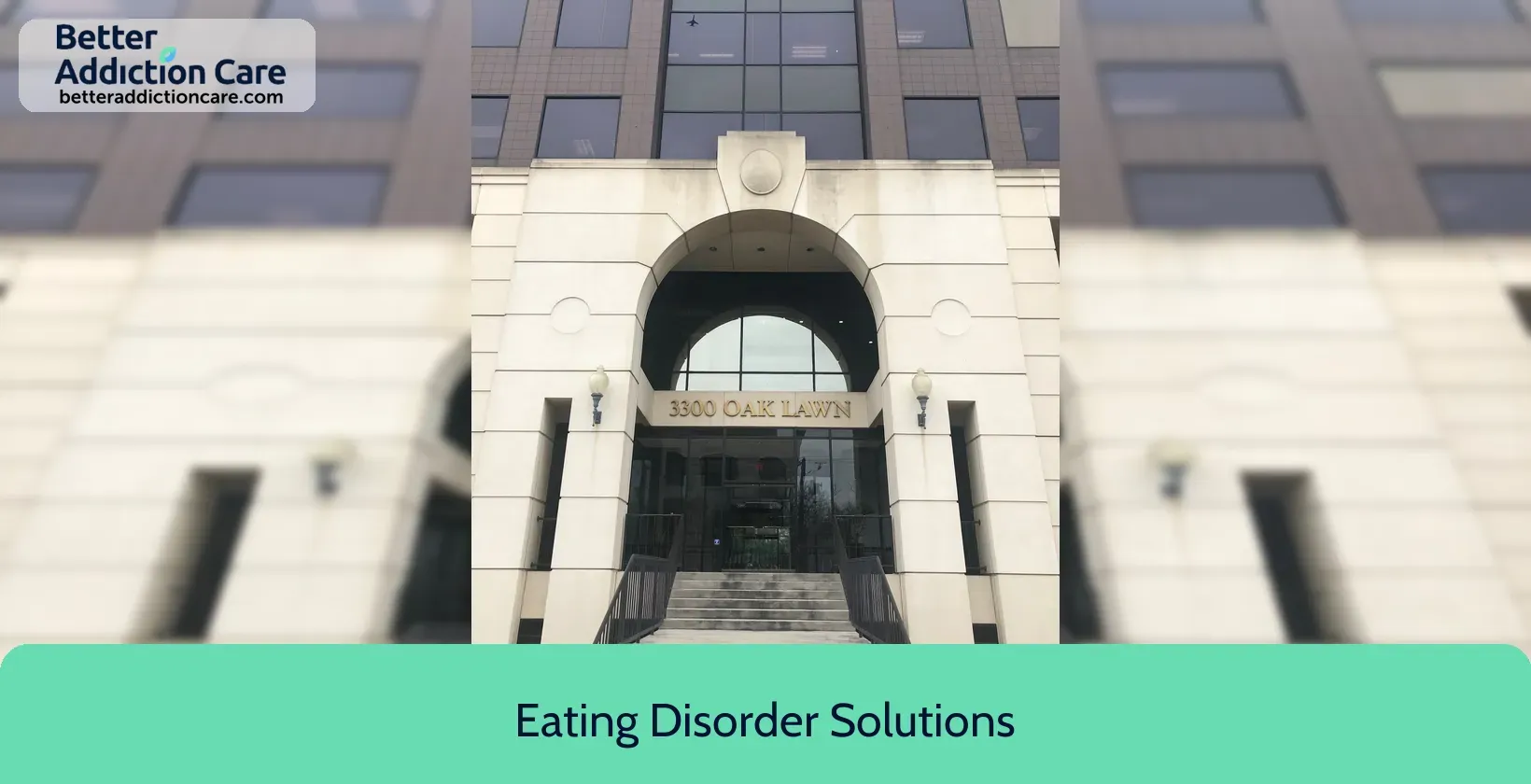
6.63
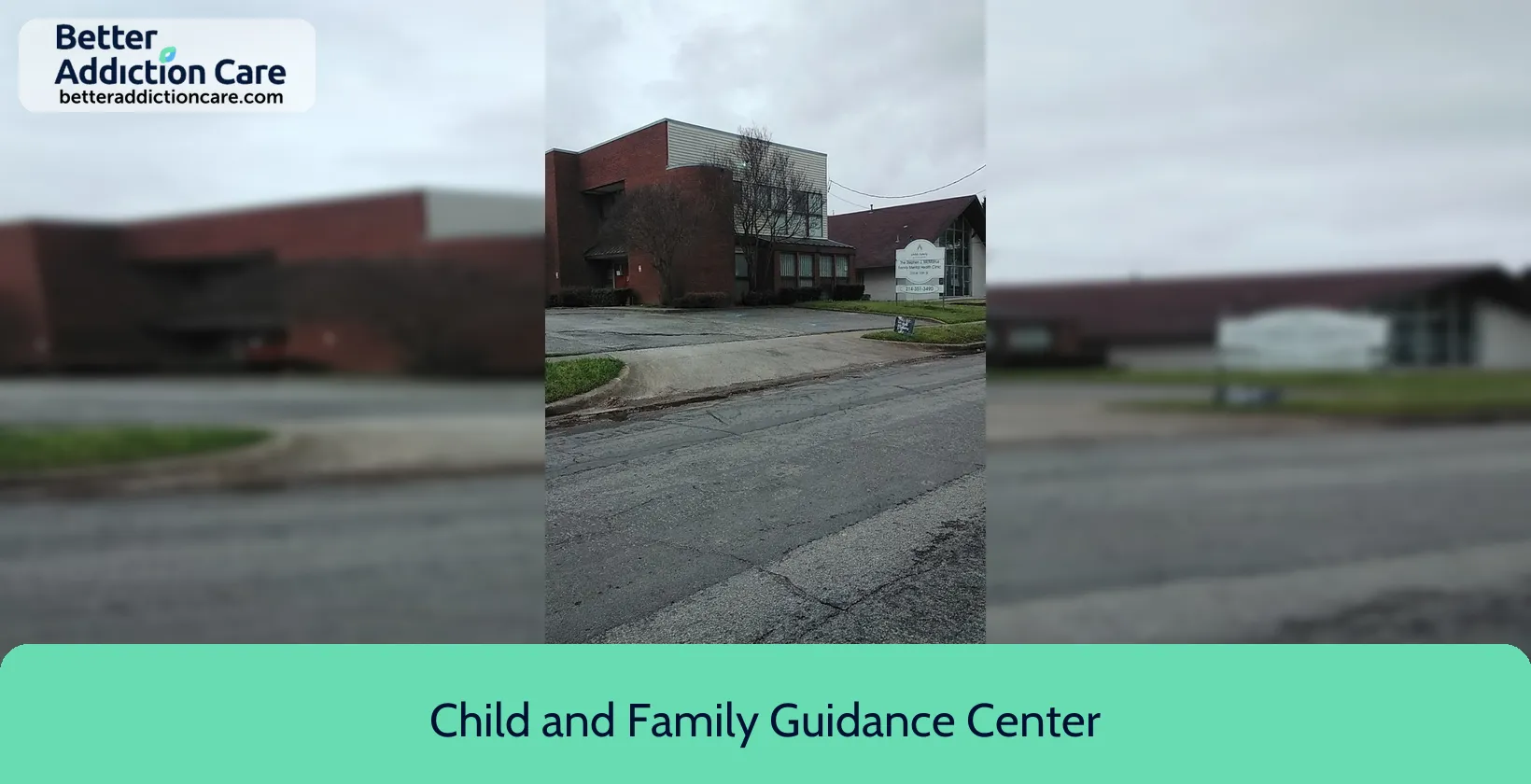
6.65
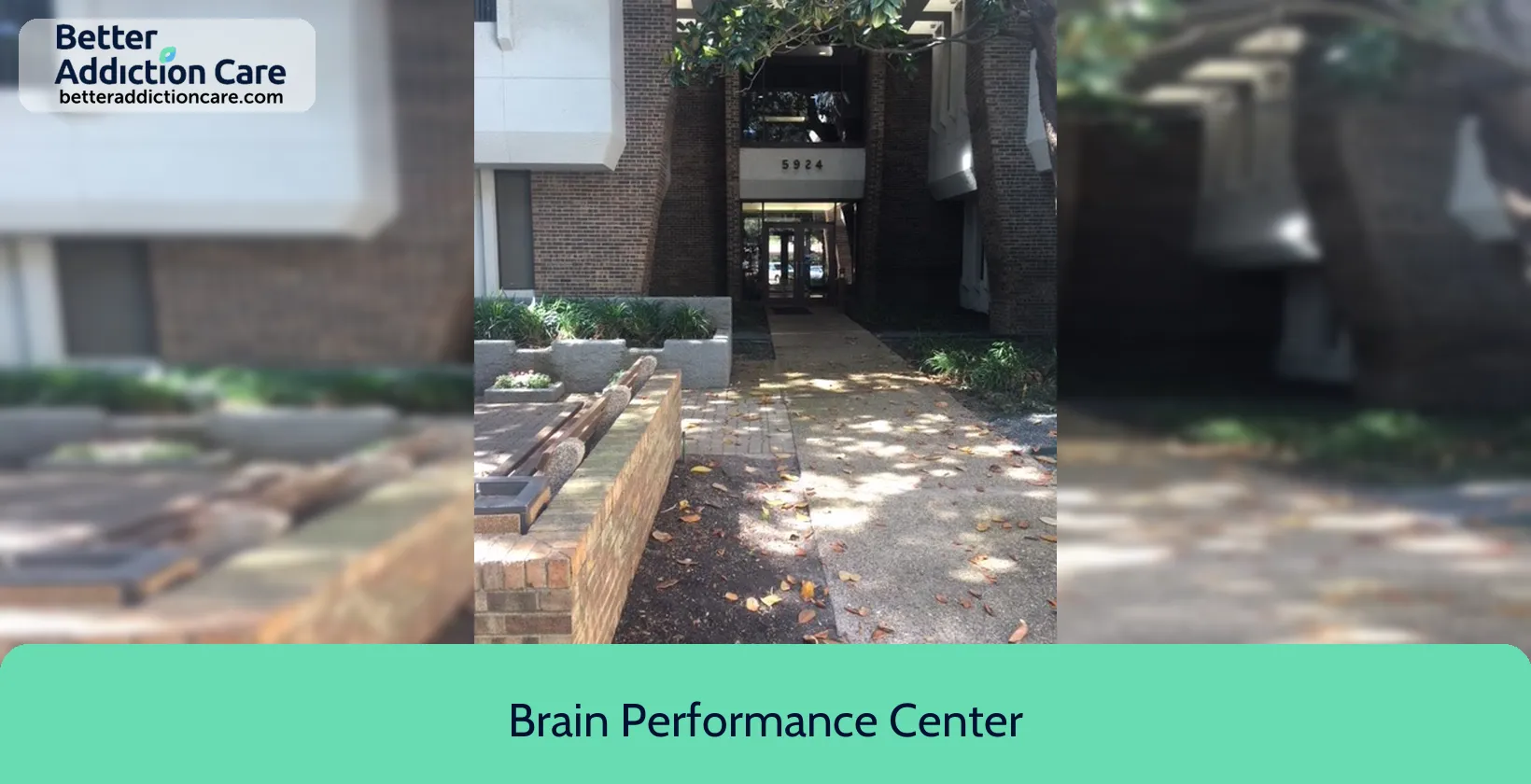
6.53
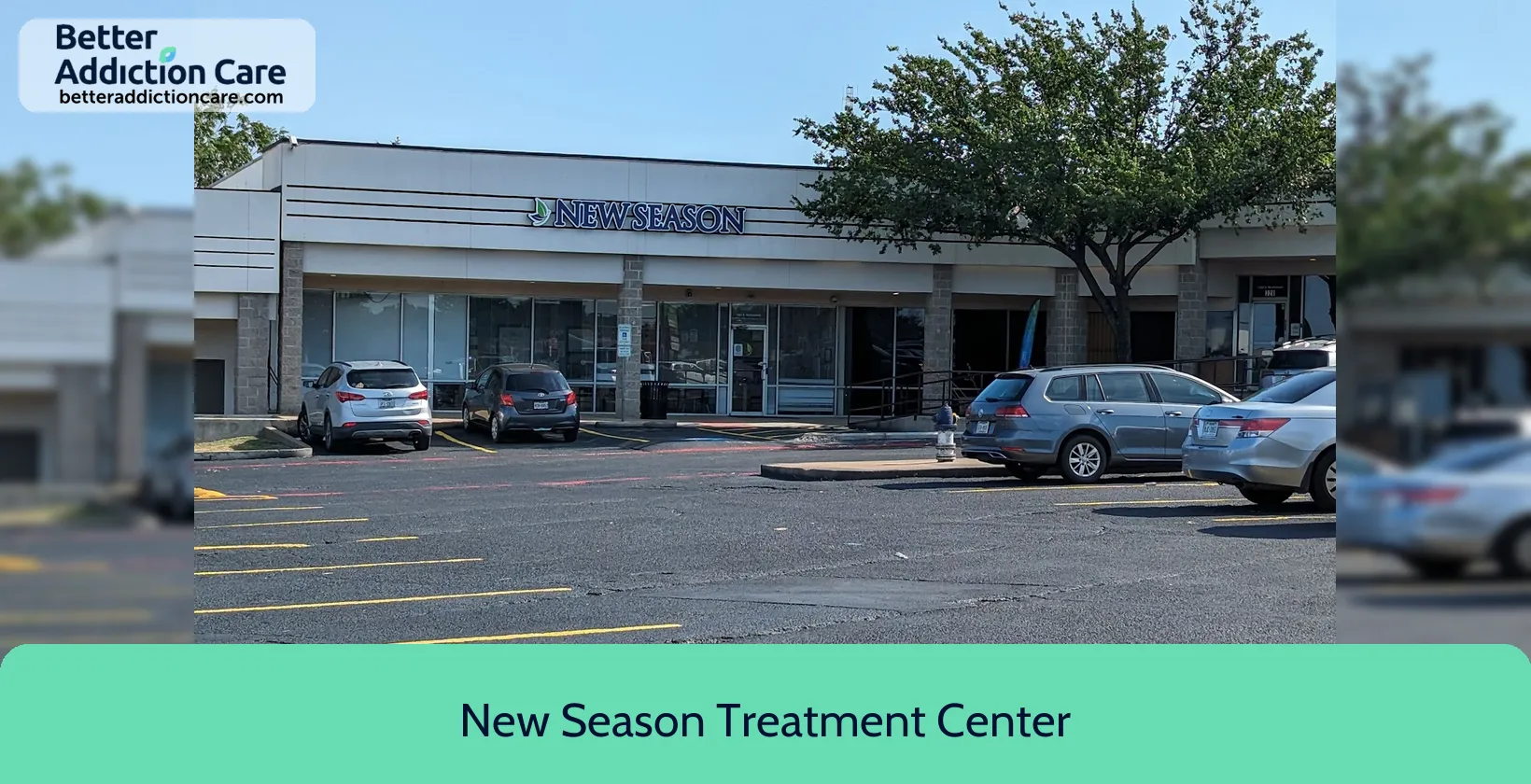
7.20
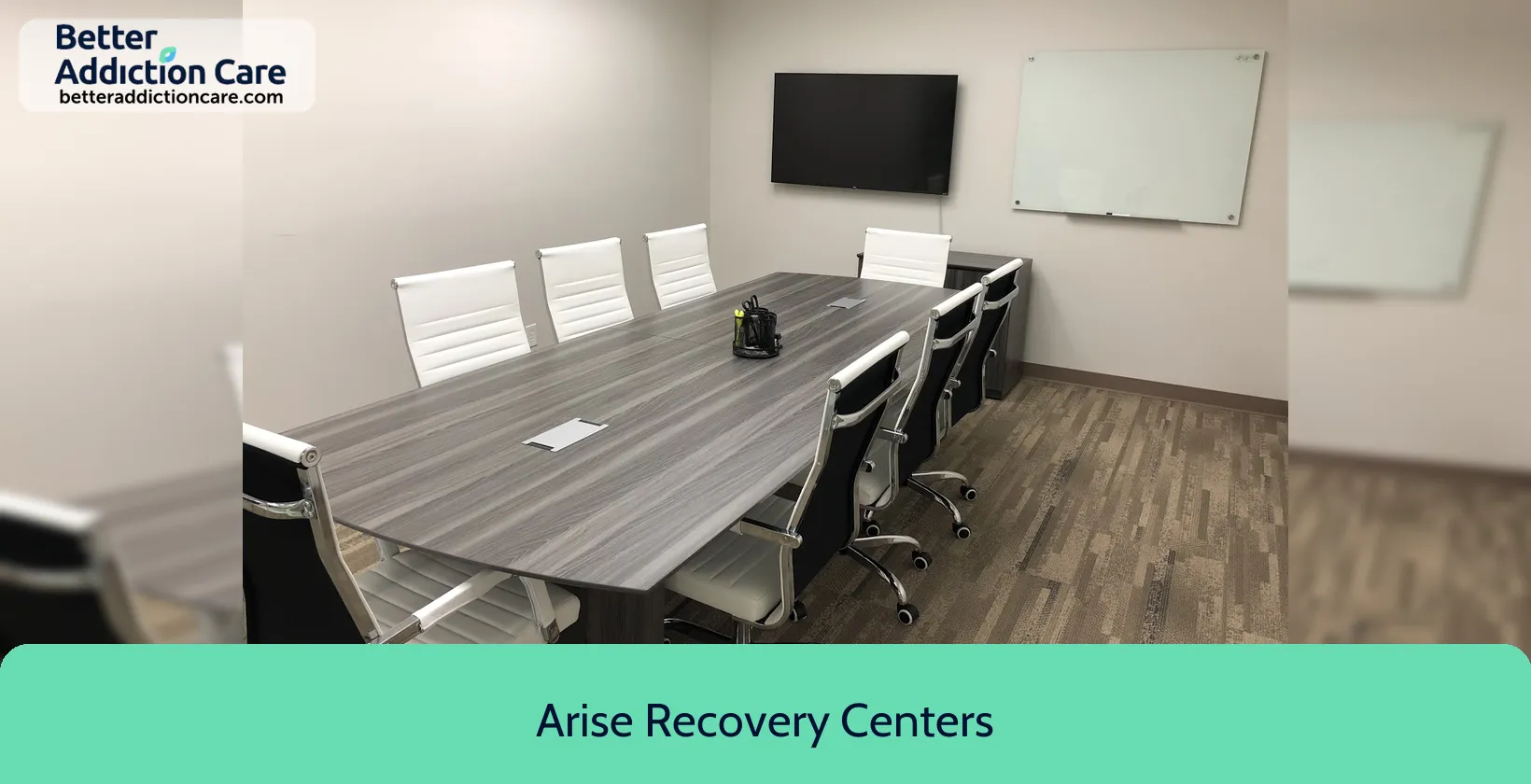
6.92
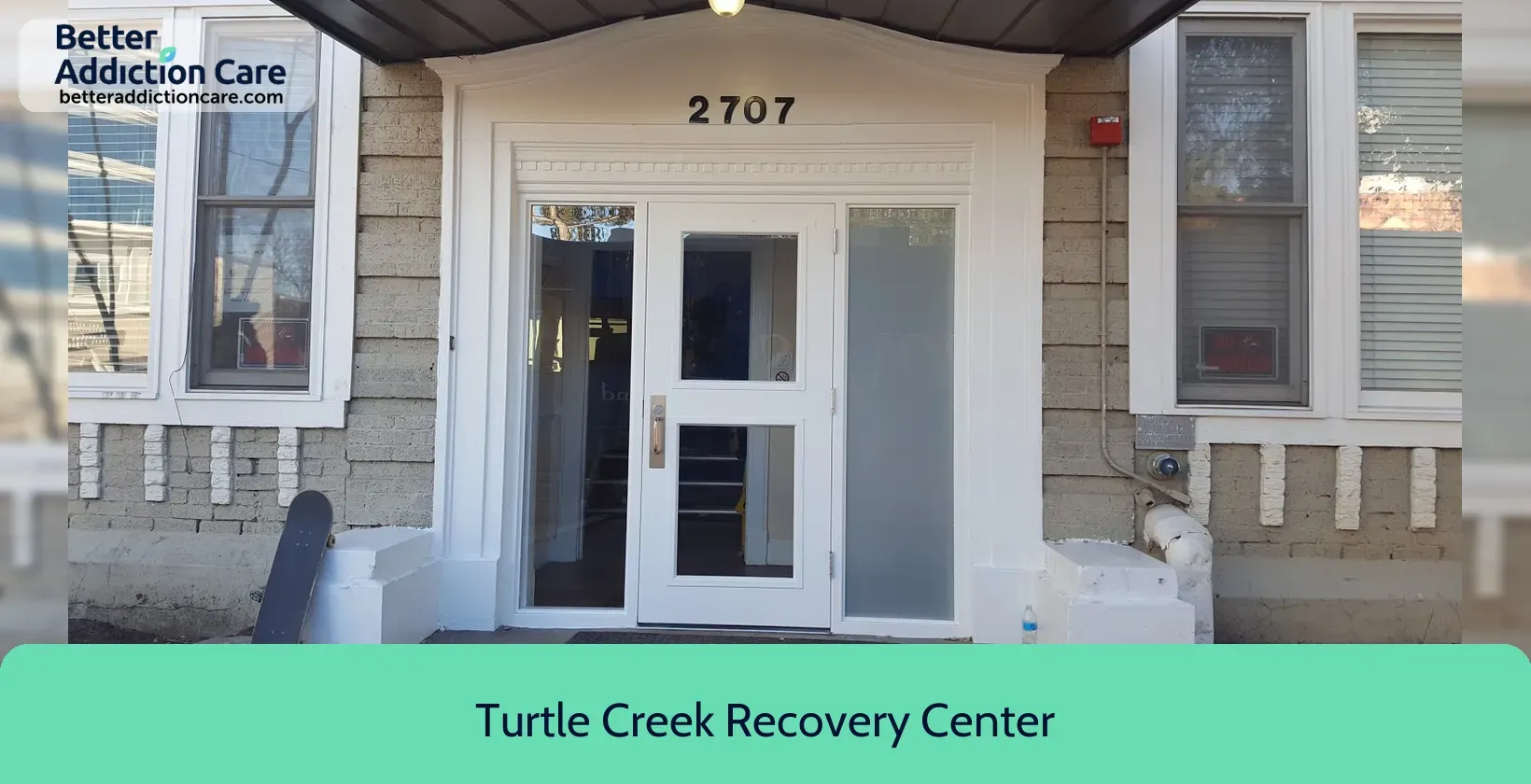
6.70
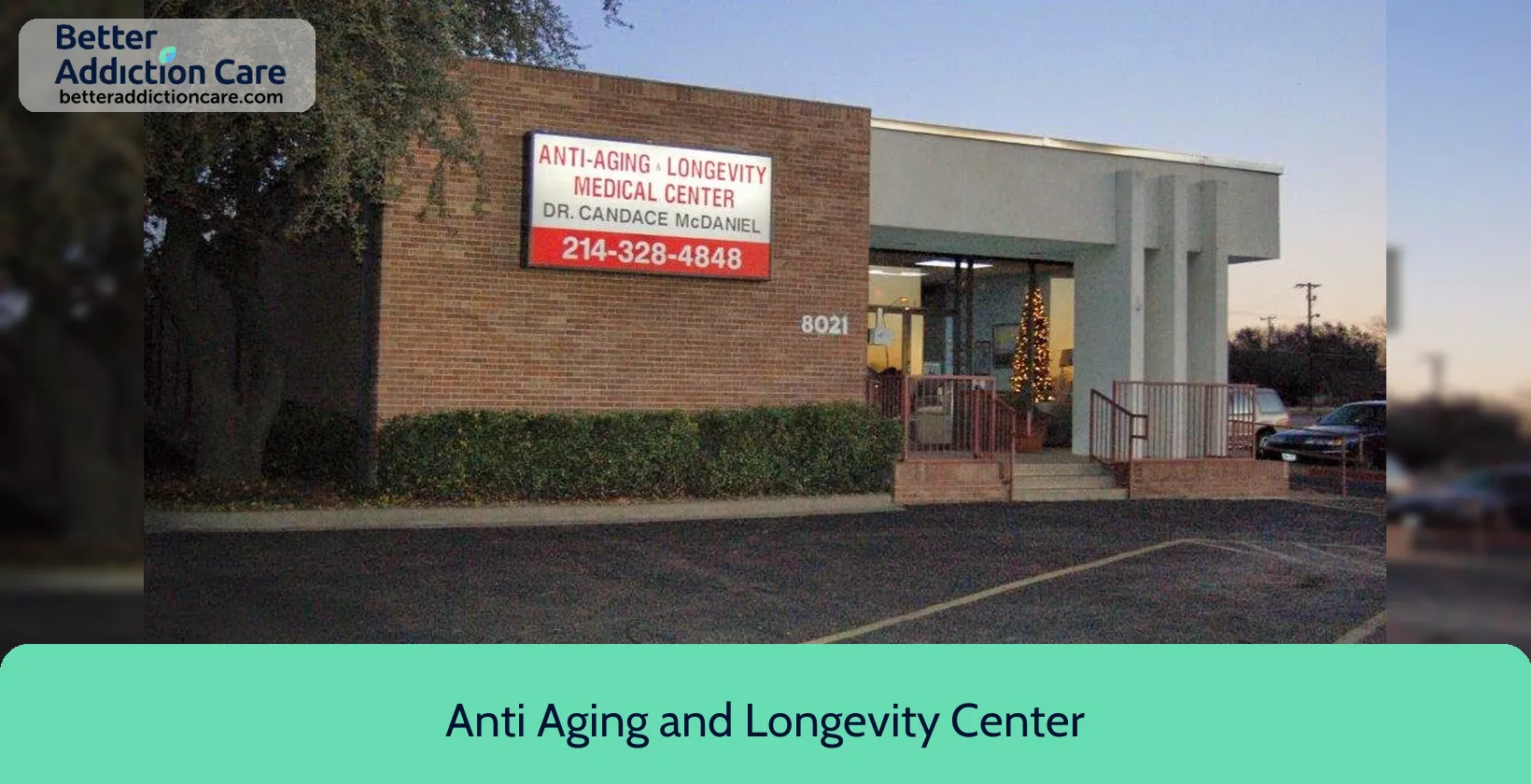
7.56
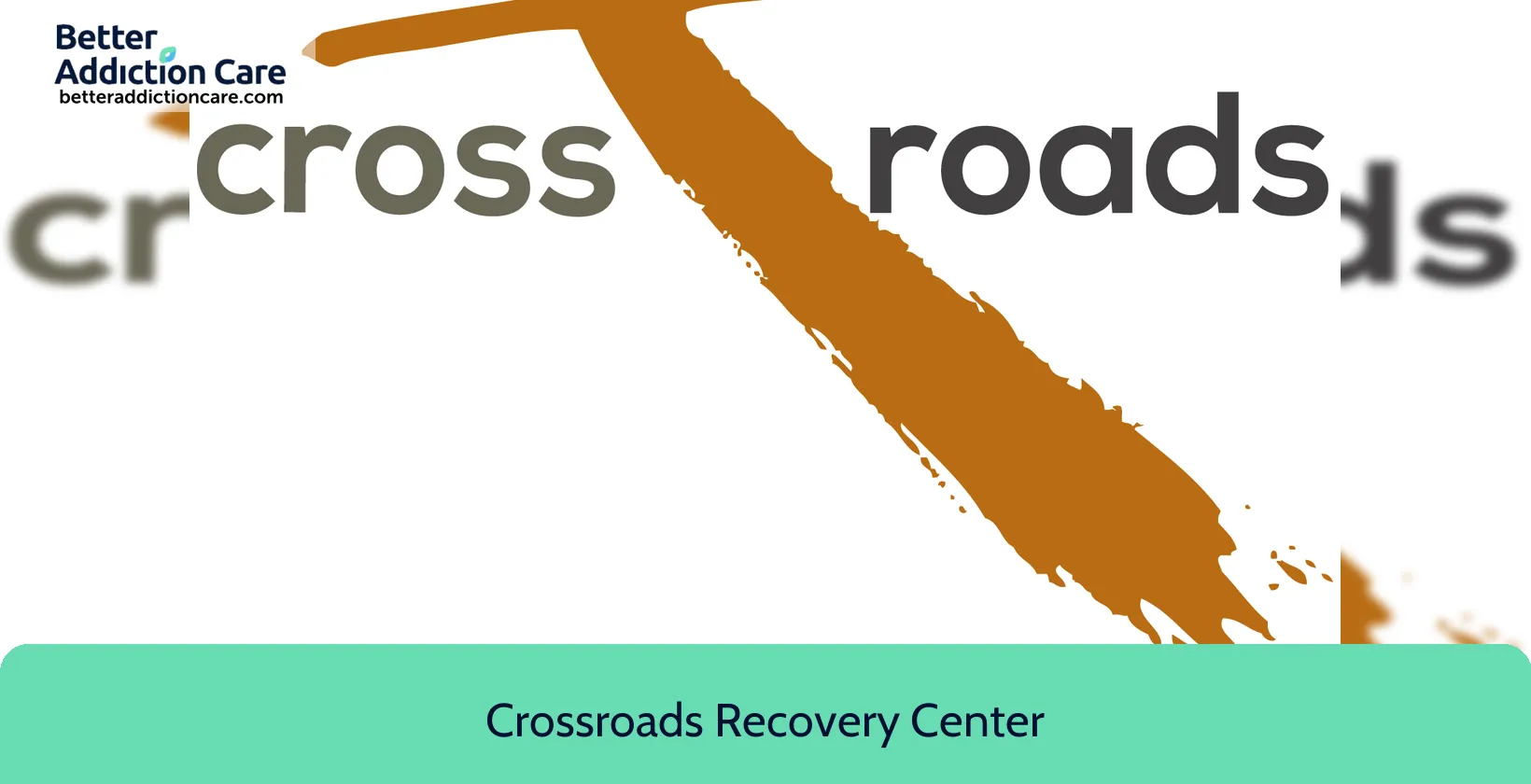
6.90
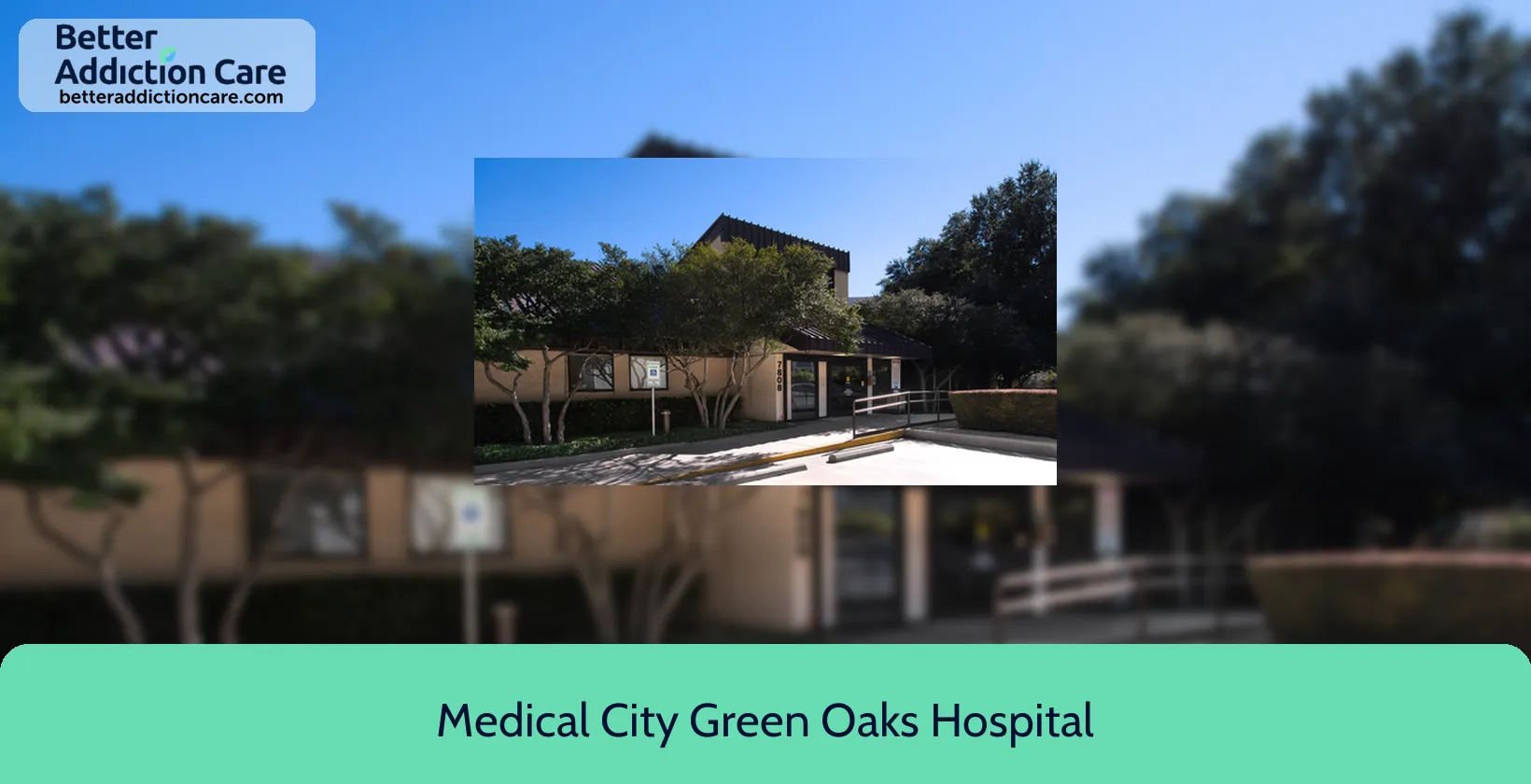
7.60

7.23

8.27

7.42

6.80

7.36

7.11

6.65

6.65

6.89

7.11

7.51

6.99

7.31

7.36

6.62

6.83

7.46
Substance Abuse Statistics for Dallas
Dallas faces heavy challenges related to the consumption of drugs and alcohol. Here you will find some data in regards to substance abuse. About 7.9% of individuals, 12 years old or older in Dallas reported using illegal drugs. Among high school students in Dallas, 33.2% reported using marijuana at least once, and 6.8% reported non-medical use of prescription painkillers. Similarly, alcohol-induced deaths were noted at a rate of 11.5 per 100,000 individuals in 2021.
More often than not, substance abuse is related to violence and political consequences. The rate of drug-related crime in the Dallas area is 4.763 per 1,000 residents during a standard year.
How Many Rehab Facilities Does Dallas Have?
There are approximately 48 drug & alcohol detox, inpatient, and outpatient rehab centers in Dallas.
Substance Abuse Facilities
Among Dallas substance abuse rehab facilities, approximately 30 rehab centers accept Medicaid, while 21 facilities accept Medicare, and as many as 46 treatment centers work with private insurance.
How Much Do Rehab Facilities in Dallas Cost?
The exact cost of rehab depends on each facility. Furthermore, data regarding average fees within Dallas is lacking. Therefore we should do an estimate based on the average cost of rehab in the state of Texas, which is $56.623. The final cost depends on the type of rehab service and the type of insurance. The following are estimated fees for inpatient and outpatient services :
Inpatient (based on a 30-day stay):
-
$629.14 per day without insurance coverage
-
$251.65 per day with 60% insurance coverage
-
$125.83 per day with 80% insurance coverage
Outpatient (based on a 30-day program):
-
$56.60 per day without insurance coverage
-
$22.64 per day with 60% insurance coverage
-
$11.32 per day with 80% insurance coverage
Top Rehab Centers in Dallas
Dallas is home to some of the most specialized centers. They provide quality services for young adults, seniors, and adults. Whether you are looking for outpatient, inpatient, aftercare, detox, or sober living programs, Dallas offers outstanding facilities. Here are some of the top rehab centers that are available to you in Dallas:
Types of Rehab Facilities in Dallas
Rehab centers in Dallas are designed to meet the different needs and heterogeneity of the population they serve. In the following table, you will find different types of rehab facilities and the services they offer.
|
Description |
|
Intensive care for severe addiction mostly |
|
Flexible therapies that last hours only and enjoying living at own home |
|
Comfortable and private environment |
|
Special price for limited sources |
|
Specialized in the treatment of mental health disorders and substance drug abuse |
|
Treat the whole person, mind body, and spirit. |
|
Integrate spiritual and religious in the recovery path |
|
Gender-specific creates a supportive environment |
Services Offered by Rehab Centers in Dallas
Rehab centers in Dallas offer services designed to support individuals at various stages of recovery from substance abuse and mental health issues. Here are some of the services provided:
-
Individual therapy
-
Group therapy
-
Family therapy
-
Dialectical behavior therapy (DBT).
-
Structured daily schedules
-
Recreational activities.
-
Follow-up counseling
-
Prescription medications
-
Medical monitoring.
-
Yoga, meditation, acupuncture, art therapy
-
Nutritional counseling
-
Educational workshops, and support groups.
Choosing the Right Rehab Center in Dallas
Have you ever thought about starting rehab? Well, choosing the right rehab center is a crucial yet challenging part of the process. The following steps that you can find in the table below can serve as your guidance to choose the rehab facility that will work best for you.
Explore the Best Dallas Rehabs
Dallas provides very good centers for addiction treatment and recovery. Inpatient, outpatient, and luxury centers are available throughout the city. Depending on your different needs, you will have to search for the one that suits you best.
Common Questions About Better Addiction Care
Take a look at our FAQ. We've tried to fill it with all the answers you're looking for. And if not, contact us on (800) 429-7690.
Your schedule will depend on the type of establishment you are at. If it is an inpatient rehabilitation facility, your schedule will be established by you and your therapists. Sessions may begin as early as 7 a.m. Therapy is provided at least three hours per day, five days a week (or at least 15 hours a week). If you are going to attend an outpatient program, it will begin after you finish your job and before night, allowing you to return home.
The duration of rehab is several weeks, with an average treatment period of about 30 days. Detoxification can range from a few days to a few weeks, depending on the specific substance used. Following detox, inpatient treatment often lasts a few weeks to support long-term recovery. Outpatient programs may continue indefinitely, depending on the individual needs.
